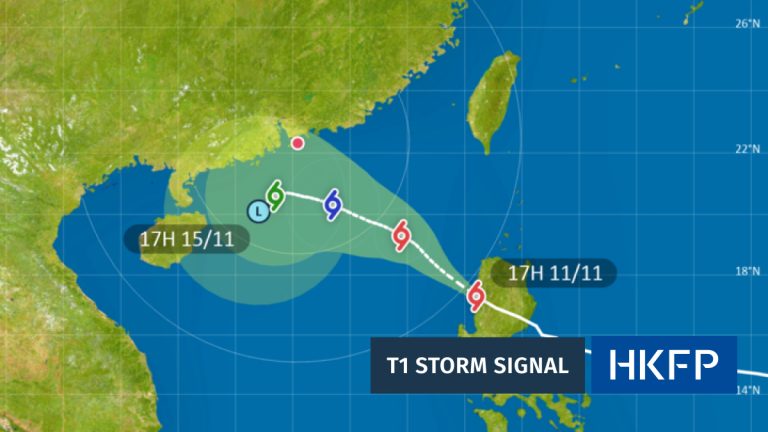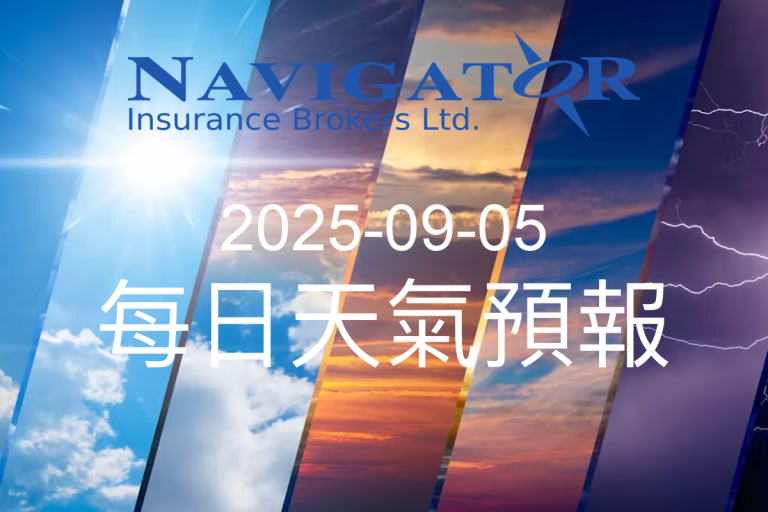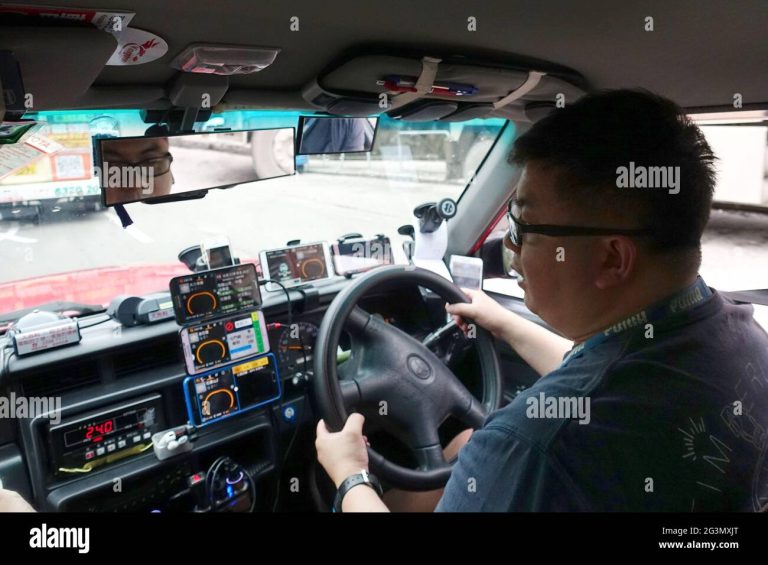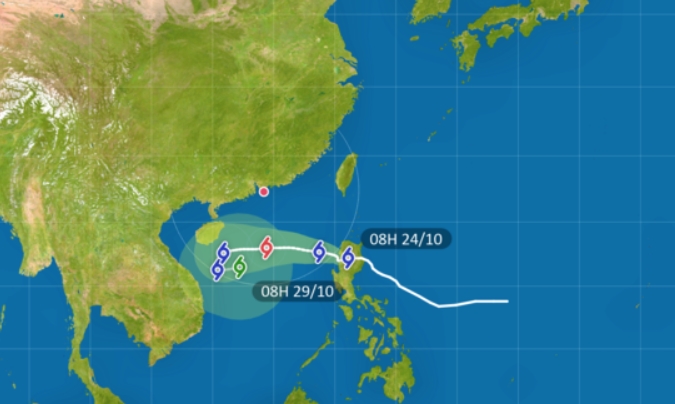Innovative Dementia Screening Initiative Offers Hope for Early Detection in Hong Kong
In a groundbreaking approach to addressing dementia, the Chinese University of Hong Kong Medical Centre (CUHKMC) has launched a remarkable charitable initiative that transforms a simple cup of tea into a lifeline for elderly residents. By selling premium Pu’er tea, the program has raised over HK$340,000 to fund critical dementia screenings, shining a light on an increasingly pressing health challenge.
The statistics are sobering: in Hong Kong, one in ten elderly individuals is affected by dementia, with this rate climbing to one in five for those over 80. Alzheimer’s disease accounts for 60-80 percent of these cases, making early detection crucial. The CUHKMC program aims to screen 55 elderly individuals by August 2025, focusing on those over 60 who live alone or with a partner and show initial signs of cognitive decline.
Using the Montreal Cognitive Assessment (MoCA) and specialized blood tests, the initiative goes beyond traditional screening methods. These tests measure abnormal proteins like p-Tau and neurofilament light chain—biomarkers not typically included in routine public hospital screenings. Of the participants, 21 underwent further evaluation using AccuBrain®, an advanced AI-assisted brain imaging tool developed by CUHK’s researchers.
The results were both surprising and significant. Nearly 30 percent of those assessed—16 individuals—were diagnosed with early or prodromal Alzheimer’s disease. This high detection rate underscores the immense value of accessible, advanced screening technologies for aging populations.
Four community organizations played a pivotal role in supporting the initiative: Po Leung Kuk, Haven of Hope Christian Service, the Hong Kong Buddhist Association, and Kwan Sang Charity Foundation Limited. These groups helped identify and refer eligible participants, demonstrating the power of community collaboration in addressing complex health challenges.
CUHKMC’s leadership emphasizes that proactive prevention could reduce dementia incidence by up to 40 percent. This statistic highlights the potential of early detection and intervention in improving individual outcomes and reducing healthcare system burdens. By identifying cognitive decline early, individuals can access treatments that may slow disease progression and enhance quality of life.
The initiative represents more than just a medical screening program—it’s a comprehensive approach to brain health. Neurologists carefully evaluate participants requiring deeper assessment, ensuring accurate diagnoses and personalized care pathways. The partnership between CUHKMC and CUHK’s Faculty of Medicine aims to expand these screening efforts, raising public awareness about dementia prevention and care.
While the program doesn’t directly address insurance coverage, it implicitly suggests the potential for innovative health insurance products. Future policies might consider covering advanced diagnostic tools like AccuBrain®, specialized blood tests, and preventive care programs that align with early intervention strategies.
As populations worldwide continue to age, initiatives like this offer a beacon of hope. By combining community support, cutting-edge technology, and a proactive approach to healthcare, CUHKMC demonstrates how targeted interventions can make a meaningful difference in addressing complex medical challenges.
The humble tea sale has become a powerful vehicle for change, transforming lives one screening at a time and offering hope to those navigating the uncertain terrain of cognitive health.












